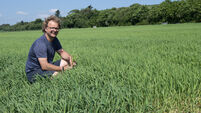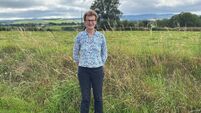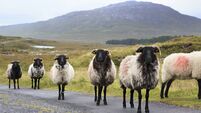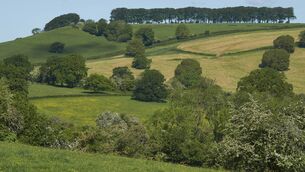Shaping tomorrow’s agriculture: Lessons from award-winning farmers
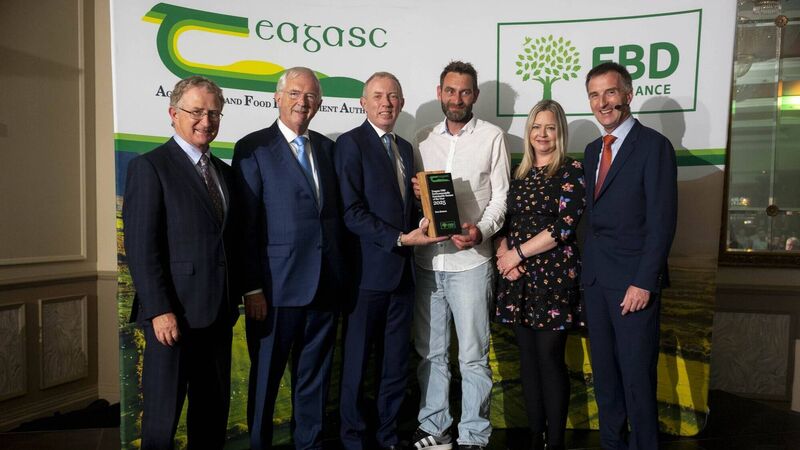
Pictured at the Teagasc FBD Environmental Sustainability Awards: Teagasc Director Professor Frank O’Mara, Michael Berkerey, Chair of FBD Trust; Timmy Dooley TD, Minister of State at the Department of Agriculture, Food and the Marine and at the Department of the Environment, Climate and Communications; Don Somers - Overall Winner Teagasc FBD Environmentally Sustainable Farmer of the Year 2025 and Category Winner for Improving Water Quality; Gillian Somers; Tom O’Dwyer, Head of Signpost Programme, Teagasc.
The achievements of Irish farmers in advancing environmental sustainability were celebrated this week at the Teagasc FBD Environmental Sustainability Awards.
Judges highlighted the innovation, dedication, and leadership demonstrated across the farming community in rising to the challenge.


